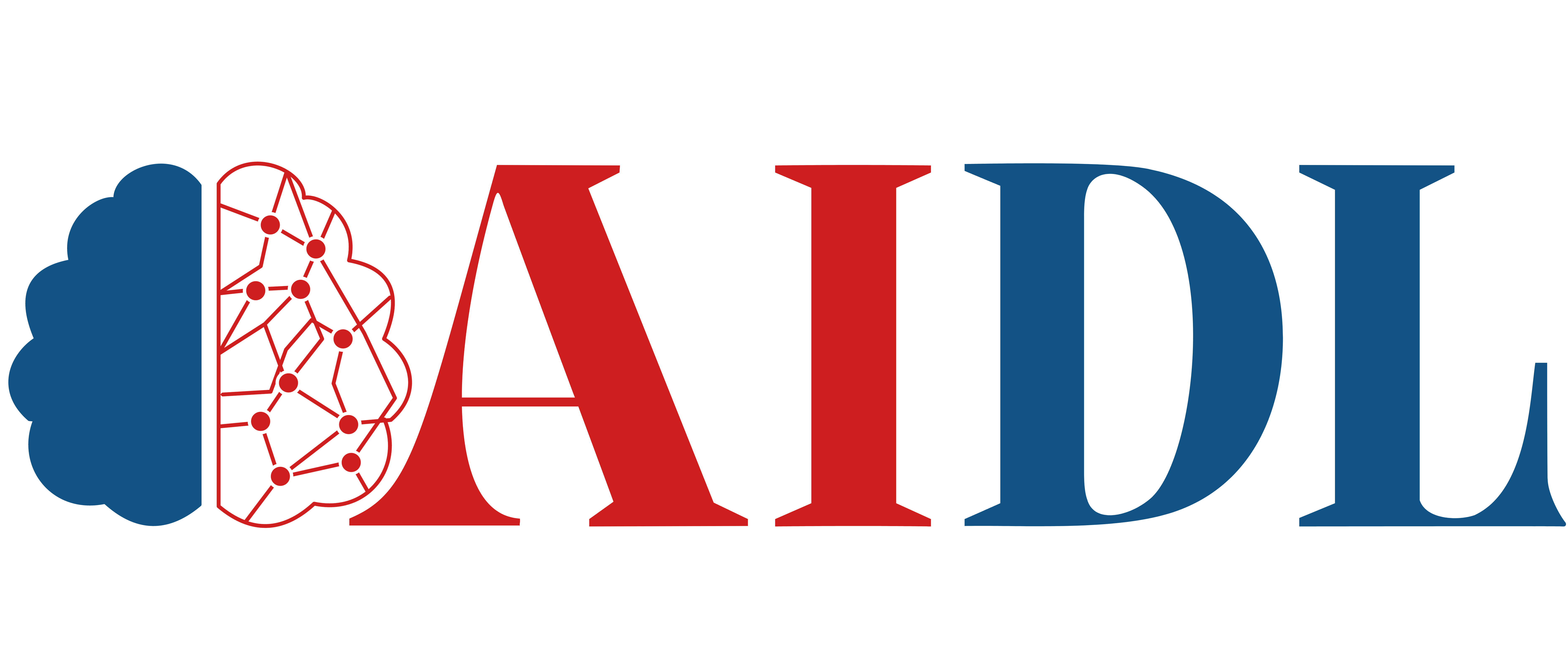
Human Centric - Applied Artificial Intelligence
AIDL_A05
This course provides knowledge that complements the technical knowledge of other courses in the MSc program. Specifically, within the framework of this course, lectures will be given on the application of Artificial Intelligence in representative significant scientific fields, with a presentation of the relevant advantages it has compared to the conventional methods of each field. Additionally, the importance of a human-centered approach to systems, the application of human-centered techniques, and the general frameworks of the field will be presented, along with the ethical principles adopted by the European Union and the list of ethical applications of Artificial Intelligence by the AI HLEG. The aim is to understand the requirements of the new legislation on artificial intelligence (AI Act) so that the collection, processing, and use of data and the development of Artificial Intelligence models and solutions are guided by the protection of human rights. Furthermore, the legal implications and the affected areas of Artificial Intelligence, such as justice, security, health, work, and education, will be presented, as well as the possible threats that may arise. Case studies will be used to understand the problems. Finally, within the framework of the course, methodological issues related to research, with a specialization in Artificial Intelligence and Deep Learning, will be presented, covering both the subject of research result publication, writing publications, creation and use of datasets with an emphasis on Findable, Accessible, Interoperable, and Reusable (FAIR) data, the quality of information and its impact on the accuracy of models, and the selection of the right tools for data utilization.
- Introduction Ethics and applied ethics of AI
- Social issues of AI
- FAIR data and GDPR
- The principles of AI act and AI in depth
- High risk AI systems
- AI applications overview in the world of business
- The international framework on AI
- Cybersecurity and AI
- AI Risk assessment
- Specific Human Rights Issues of AI
- AI for Peace
Students will be evaluated based on one graded exercise on FAIR data and a group project in which they will have to work in teams to work on a case study tasked with creating supporting documents in accordance with the AI Act to justify their system’s compliance with regulatory frameworks, which they will then present at the end of the course.
- understand the requirements of the AI Act and its implications for data collection, processing,
- and AI development,
- apply ethical principles to real-world AI applications,
- analyze case studies to identify and evaluate ethical and legal challenges in AI.
- analyze potential threats and risks associated with AI applications,
- assess the alignment of AI applications with ethical principles and legal requirements,
- create frameworks for responsible AI development that prioritize human rights protection,
- evaluate the ethical and legal implications of AI in different scientific domains,
- create and manage datasets following FAIR principles.
Course Features
Course type: Major
Semester: 1st
ECTS: 3
Duration: 13 weeks
Courses: In class lectures + online
Language: English
Assessment: Project based
Instructor
Professor Charalambos Z. Patrikakis
Department of Electrical and Electronic Engineering, School of Engineering, UNI.W.A., Laboratory Director CoNSeRT
Nikolaos Voudouris, B.Soc.Sc, LLM.
Department of Electrical and Electronic Engineering, School of Engineering, UNI.W.A., CoNSerT laboratory Researcher,. B.Soc.Sc LL.M
Professor Sorin Adam Matei
College of Liberal Arts and Brian Lamb School of Communication Purdue University (Visiting Professor UNI.W.A.)
